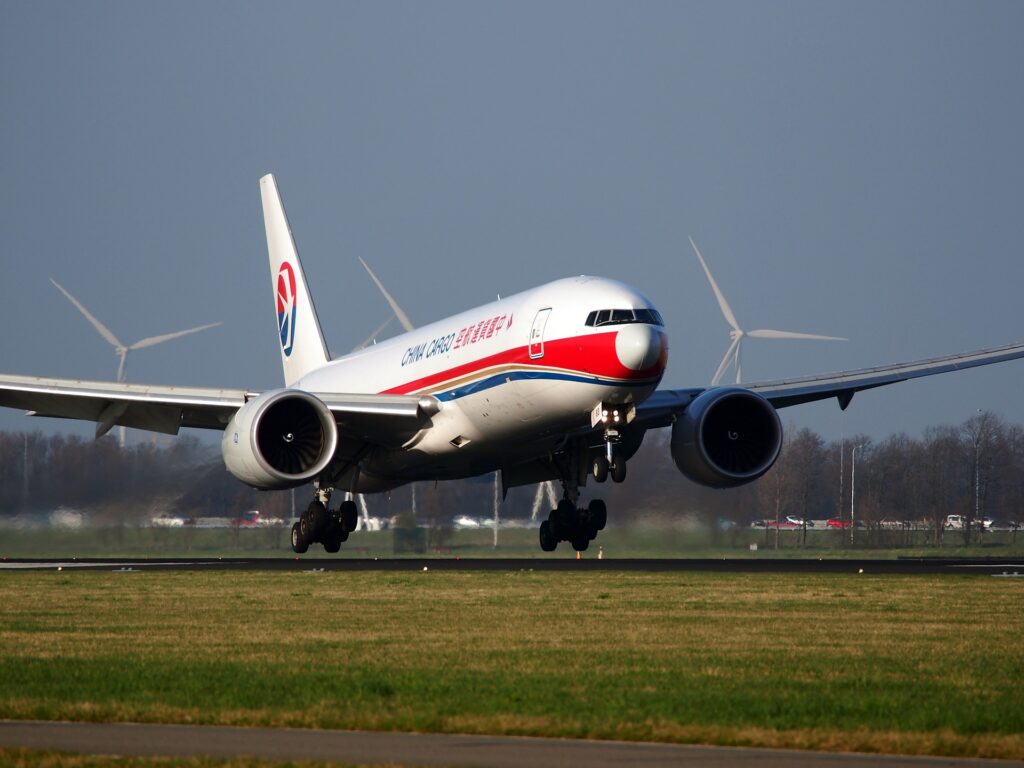As part of the relaxation of Covid measures, China removes the quarantine for international travellers starting from the 8th of January. While this implies that doing business and going on holiday is back on the agenda, the number of flights needs to bounce back to pre-Covid levels. To incentivize tourism, China improves visa arrangements for travellers.

International Travel
Starting January 8th, China announced that international travellers will no longer have to be quarantined upon arriving in China. This relaxation of Covid measures is a part of a national “reopening”. In the previous weeks, the local and central government authorities already relaxed several measures such as going back to in-person work and alleviating quarantine regulations.
From March 2020, travellers entering China were placed in mandatory quarantine of initially three weeks in a government-approved accommodation at their own expense. Recently, this got reduced to five days at a centralized facility, followed by three days at home. Upcoming changes will get rid of the mandatory quarantine, arguably indicating the end of the zero-Covid policy. After the 8th of January, travellers still need to be tested negative within the last 48 hours to enter China, yet, a clear health code disappears. Passengers on the flight are still mandatory to wear a face mask.
More Relaxation
Furthermore, China’s National Health Commission said that Jan. 8 marks the stop of tracking close contacts of Covid patients. Moreover, the designation of Covid risk areas and the Covid measures also get cancelled since this has slowed the import of goods.
China’s economy has slowed down due to the Covid controls. Especially the start of the pandemic in 2020 and the local lockdowns in e.g. Shanghai, have had economic consequences for the development of the Chinese economy. While Beijing ended many restrictions earlier this month, critics argue that the infections surge and that the public health system has a pressing task to deal with this situation. One perspective is that Chinese citizens have not built immunity in the era of the zero-Covid policy, and thus are more prone to get infected with more severe consequences.
China’s National Health Commission also announced to stop the daily publication of Covid numbers, on top of halting the registration of infections. The Chinese National Health Commission repeatedly argues that there are no new Covid-deaths in China.
More Flights
The inbound quarantine requirement and the other measures, have made it difficult and rather expensive for foreign businesses in China to network, do business, visit factories, and send/hire staff. As quoted in CNBC, Michael Hart, the president of the American Chamber of Commerce in China, said the following: “Just because the borders are open doesn’t mean travel will bounce back immediately”, aiming at the potential insecurity and scepticism, but foremost the technical aspect.
Hart argues that the available inbound and outbound flights in China have to recover. According to National Immigration Administration and in line with Hart, 2019 had 670 million international trips in and out of China. This plunged to 128 million in 2021. In hart’s analysis, he notes that the international carriers have adjusted to the current routes and will take time to bounce back to include China. In retrospect, Hart mentions that Chinese airlines will have fewer problems, “because the airplanes are just sitting on the tarmac doing nothing”.
To incentivize travelling to China, China announced that the visa arrangements for foreigners to resume working, doing business, studying, but also visiting relatives and other gatherings would get improved. For Chinese citizens, CNBC argues that the “ability to travel overseas will be resumed in an orderly manner”. While Chinese tourists have been key in purchasing (overseas) luxury goods, the current years have been a lack of this significant income for businesses in (international) tourist locations. This is also due to being prevented to leave China or getting passports unless a business purpose could be indicated.
Conclusion
While the quarantine requirement disappears from the 8th of January onwards, masks are mandatory on the flight, and a negative Covid test (<48 hours) is necessary to enter China. China National Health Commission has announced that the publication of Covid numbers and the designation of Covid risk areas gets halted. National Covid measures also get lifted or relaxed as seen in the quarantine protocol and going back to in-person work. With this drastic relaxation of the measures, critics are anxious that Chinese citizens have not built enough immunity and that the healthcare system will have a hard task stabilizing the situation. However, while visa arrangements for international travellers get improved, the flights in and out of China are yet to be regulated and to bounce back to pre-Covid flight routes.
Sources
China to end quarantine for international travelers (cnbc.com)
Zorg China wankelt door covid: ‘Tekort aan middelen, artsen overbelast’ (nos.nl)
China stopt met melden covidcijfers (nos.nl)
GDP growth (annual %) – China | Data (worldbank.org)
China to scrap quarantine requirement for international arrivals_china.org.cn
China ends Covid quarantine for travellers in January – BBC News
China to scrap COVID quarantine rule for inbound travellers | Reuters
